
Piano, finally
Piano Finally is a podcast by an old bloke who is learning the piano, finally. I cover the process of learning the piano and music theory as an adult learner. I also review piano books, hardware and other materials from an adult learner's perspective.
Piano, finally
Episode 50 - One Year
G’day, and welcome to Episode 50 of Piano, Finally! This week marks one full year since the podcast began, and in that time, fifty proper episodes have made it to air. In this episode, I take a moment to reflect on the journey so far — from consistent recording and practicing, to discovering the joy of small but meaningful progress at the piano.
As I write this, I’m sitting in the Sydney Opera House foyer, waiting for a Stephen Hough concert. There’s also an update on the school’s Battle of the Bands (spoiler: I won’t be performing), and a quick mention of the Van Cliburn piano competition, which is now underway and streaming live — with top-down keyboard views and excellent coverage.
👉 Watch the Cliburn
👉 Ben Laude’s daily recaps
This week’s viewing suggestion is The Piano, a heartwarming ABC series set around a public upright in Sydney’s Central Station. Don’t confuse it with the BBC show of the same name — this one’s not a competition, though it does feature Harry Connick Jr. and Andrea Lam quietly observing from behind the scenes. The stories are beautifully produced and moving.
👉 Watch the featured segment
👉 View the full series on iView
I also look back at the podcast’s first year — the ups and downs of recording, what’s improved, and how it’s changed how I engage with music. From new genres to more concerts, the podcast has opened a lot of doors, including a trip to Armidale and plans for a piano festival in Bathurst.
In this week’s concert review, I recap Sir Stephen Hough performing Brahms’ First Piano Concerto with the SSO — with a Prokofiev highlight and encore Chopin Nocturne to round it off. You can find a Spotify playlist of the concert here:
👉 SSO concert page
The practice pieces this week include Mozart’s Der Vogelfänger bin ich ja and Wild Chase by Wynn-Anne Rossi. I’m making headway, especially with Alberti bass and coordination across hands.
And for early music fans, check out Elam Rotem’s Early Music Sources channel — packed with 16th- and 17th-century insights and examples.
👉 Early Music Sources and recordings
Thanks again for listening this past year. Here’s to the next fifty!
You can contact me:
- via email at david@pianofinally.show; this is probably the best option
- the show website, www.pianofinally.show
- Instagram and Threads @pianofinally
- and on YouTube
- all the podcast directories - list
- here's the RSS feed
Some of the links to books and other items mentioned in the podcast are affiliate links for Amazon or other providers. If you use one of these links, a commission may be paid to me at no additional cost to you. Thank you if you use a link.
All reviews of products, websites and services are unpaid, and no sponsorship has been received for any content on this podcast.
Episode 50 – One Year
G’day, everyone. I’m David Reidy; welcome to Piano, finally, a podcast by an old bloke who is getting around to learning the piano, finally.
[Crab Canon]
Welcome
Welcome to show fifty. Thank you very much for listening. If this is the first time you’re hearing the podcast, I hope you enjoy what’s in the show. If you’re back for another episode, then thanks for returning. If you, too, are learning a musical instrument, let me know how you’re going with it. You can contact me at david@pianofinally.show.
Well, the podcast is one year old. Episode 0, an introduction to the podcast, was published on 26 May last year, and fifty proper episodes have followed since then. The schedule has been fairly consistent with a new episode each Sunday, except for the two weeks I unexpectedly spent in hospital. If you’ve listened to some of them, I hope you’ve found them enjoyable. I’ll talk a bit more about the podcast later in the episode.
I’m writing this part of the podcast while sitting in the Opera House foyer, waiting for the Stephen Hough concert. Although it’s still early, the foyer is fairly busy with tour groups, I suppose I’m pretty lucky that I can just come here pretty often when people travel from all over the world just to visit. I suppose it’s a bit like living down the road from the Colosseum.
I chased up some of the students who wanted to get together for the school’s Battle of the Bands, the reason I had been learning the Adele piece, but of course, they’re not ready to go. As the competition is just over a month away, I don’t think I’ll be performing, which is a bit of a relief..
If you’re keeping up with piano competitions, you probably already know that the Van Cliburn competition has started, the preliminary rounds have been completed, and the quarterfinals are underway. All the rounds are being streamed on YouTube, so you can follow them there. There is also a streaming view of the keyboard from above, allowing you to see the pianist’s technique more clearly. The whole package of coverage is very good and sets the standard for other piano competitions to follow.
Ben Laude also has daily recaps of the competition on his YouTube channel and via his Patreon membership.
https://www.youtube.com/@TheCliburn
https://www.youtube.com/@benlawdy
[Crab Canon]
iView – The Piano
I’m not sure if this week’s suggestion is available overseas. It is a series produced by the Australian Broadcasting Corporation and available on their iView service. If you can’t get iView where you live, it might be available on other services. Don’t confuse it with the BBC series of the same name, though; the Australian version isn’t really a competition. I’ve included a link to a segment for the first episode in the show notes.
If you’ve spent any time on YouTube, then you will have seen plenty of videos of people playing public pianos. This is the idea behind the ABC series. In the first episode, the piano is put on the main concourse of Central Station in Sydney. It’s a pretty busy station, but they’ve put the Kawai upright near the slightly quieter country train platforms.
The first pianist is a 17-year-old from Sydney’s northern beaches who plays amazingly well. You sort of expect that, it’s a TV show, but the real heart of the show are the stories for the pianists. In this case, the pianist’s father is a barber who won’t teach his son to cut hair, because he’s too smart for that. The story is filled out with video taken in the family’s shop, so clearly this isn’t just walk up and play; someone has chosen at least some of the pianists and their stories, and they’ve done an amazingly good job. You need to see it to get the full impact, and this is just the first story.
There are ten or so pianists, ranging in age from a 5-year-old girl to a 103-year-old gentleman. Some of the segments are just a bit of piano, but others are heart-warming stories about what playing the piano means to the pianist.
The pianists don’t know that they are being watched by two judges, Harry Connick Jr and Andrea Lam. At the end of each episode, one of the pianists will be invited to play as part of a concert to be held at the Sydney Recital Hall, one of the premier performance spaces in Sydney. I won’t give away who won this first round, but it was definitely the right person – you’ll have to watch to see why.
There are five episodes with the public piano, and the sixth and final episode with the concert. If you’re a pianist, you’ll appreciate this show because you see others’ journeys with their instrument; if you’re not a pianist, you’ll appreciate it because these are genuinely moving human stories. There are links to one of the segments and the iView listing in the show notes.
https://www.youtube.com/watch?v=x4SmAF2cFkk
https://iview.abc.net.au/show/piano
[Crab Canon]
Essay – One Year
So, it has been a year since I started the podcast, and I thought I’d do a quick look back over what has happened during that time.
One of the reasons for starting the podcast in the first place was to make sure I kept myself improving in my playing; I reasoned that if I were to put out a recording of my progress each week, this would keep me motivated to get a bit better from one show to the next. And I think it has worked. From week to week, it is often difficult to notice much progress, but over the past twelve months, it has become really obvious.
What I’ve noticed more than anything is that I’m much more comfortable with recording myself playing. With the first episodes, it was a bit of a struggle to get a decent recording without mistakes. I could play the piece reasonably well when I was just practising, but when I started to record, things nearly always went wrong. Although that hasn’t completely gone away, it is happening a lot less than it used to.
Recording yourself is probably the tip I’d give to anyone who asked about getting nervous about performing. As I mentioned last week, when you are playing for someone else, your performance is never quite as good as when you’re by yourself. Making a recording is the first step in getting used to others listening, even if you never play the recording for anyone else. Those old recordings are also useful to listen to when you think you haven’t made much progress.
The podcast itself is doing alright. There is a fairly consistent number of downloads each week – it’s well short of the 20,000 Sticks and String used to get, but it’s enough to let me know people are listening. The most popular episode so far has been the interview with Devi, and I’m hoping to have more talks with guests in the coming year.
The podcast has also opened some opportunities. I am much more likely to be keeping an eye on the Internet for upcoming events than I would be if I weren’t trying to make sure I have something to talk about. It means I have travelled to Armidale for a concert, will be attending a piano festival in Bathurst later in the year and got out to many more musical events, such as next weekend’s Come From Away.
Researching material has also taken me to new genres of music that I wouldn’t have explored by myself. I’ve been to a jazz concert, a concert of Middle Eastern music and am now looking more into pop music with the new stage keyboard. I’m looking forward to learning lots more over the coming years.
Over the past year, a number of people have got in contact through the show, and I’d like to say a big thank-you to all of them. Podcasting is a bit like scattering seeds; you can’t be sure where an episode will land and if it will be well received. The occasional email from a listener is a great motivator to keep putting the effort in.
I’m still aiming to change the music in between segments to me on the piano keyboard rather than the computer keyboard, so we’ll see how that goes. I’m not quite up to that level of Bach yet.
So, thank you to everyone who listens, especially to those who have been in contact, and to those who share their thoughts with me in person from time to time. The first fifty episodes have been fun, and I hope I’ll have just as much fun with the next fifty.
[Crab Canon]
Review – Sir Stephen Hough plays Brahms
This month’s symphony concert was Sir Stephen Hough playing Brahms’ First Piano Concerto with the Sydney Symphony Orchestra at the Opera House. The concert opened with another of the fanfares commissioned from Australian composers. This one was entitled LiFT by Iain Grandage. It was quite brief, but stirring, and Mr Grandage was in the concert hall for the performance.
The second piece was a selection of pieces from Prokofiev’s Romeo & Juliet. Although Prokofiev himself made a number of sets for performance, the pieces in this performance were chosen by the conductor Elim Chan. It was an interesting performance with lots of opportunities for the different sections of the orchestra to show off.
During the intermission, there was a piano swap with the big Steinway replacing the smaller one that had been used during the Prokofiev.
The Brahms was, of course, great, and performed. just as excellently as you would expect from a world-class pianist and orchestra. I know that you can get recordings, and they will usually be without the extra noises of people coughing or rustling, but there is still something special about seeing it live.
After the applause, Sir Stephen returned to the piano to play a Chopin Nocturne as an encore. Once again, it was an enjoyable Sunday afternoon, and I’d recommend getting along to a concert, except that the entire series has sold out.
If you’d like to hear the music from the concert, the SSO’s page for the performance includes a Spotify playlist for the Prokofiev and Brahms pieces. The Brahms is one of Stephen Hough’s recordings; there’s a link in the show notes.
I’ll be seeing Stephen Hough again in the near future, he is playing Mendelsohn’s first piano concerto with the SSO at the beginning of June.
https://www.sydneysymphony.com/concerts/stephen-hough-performs-brahms-2025
[Crab Canon]
Closing
If you’d like to contact me, email is the best way. You’ll find me at david@pianofinally.show and the website at www.pianofinally.show. In both cases, pianofinally is all one word. The show is also on YouTube, but with audio only. You can subscribe via any popular iOS or Android podcast application or from directories such as Apple Podcasts, Spotify, or YouTube. I also post an excerpt and link for each episode as an Instagram reel.
If you’re learning an instrument, let me know where you are in your journey. What’s going well, and what are the challenges? How are you managing your time?
So, until next week, I hope your piano stays in tune and you enjoy your time at the keys.
[Crab Canon]
Progress
This week I’m just going to include the two new pieces I am working on, let’s give the older pieces a rest, although I still practice them each session. The first is Der Vogelfänger bin ich ja by Mozart, it is still only the first four bars, and they are only at about half speed, but they now sound like a piece of music rather than just a collection of notes. The Alberti bass is finally working properly, and I’m working on maintaining a steady pace.
The second piece is Wild Chase by Wynn-Anne Rossi, a composer who is working in the United States. This is the piece that you can’t practice hands separately, as the melody moves between the two. This isn’t a musically difficult piece, but it does involve a lot of hand movement. I’m at the stage where I can manage all the notes, but I am still thinking too much about where I’m going next.
The pieces were recorded using the Kawai NV10 as the keyboard and Pianoteq 8 on the M4 Pro Mac Mini, emulating the Anton Petrov Grand Piano in Recording Mode One.
[Practice pieces]
I mentioned the Andy Chamberlain Music channel last week, and how I had found some of the material about early music notation really interesting. In the notes for that episode was a reference to this week’s suggestion, the Early Music Sources channel.
Early Music Sources is run by Elam Rotem, a composer, singer and harpsichordist based in Basel, Switzerland. Elam specialises in the music of the 16th and 17th centuries and has recorded many examples. I’ll include a link to his YouTube page, which includes examples.
https://www.quintaprofeti.com/cd-releases
Podcasts we love
Check out these other fine podcasts recommended by us, not an algorithm.

Connected
Relay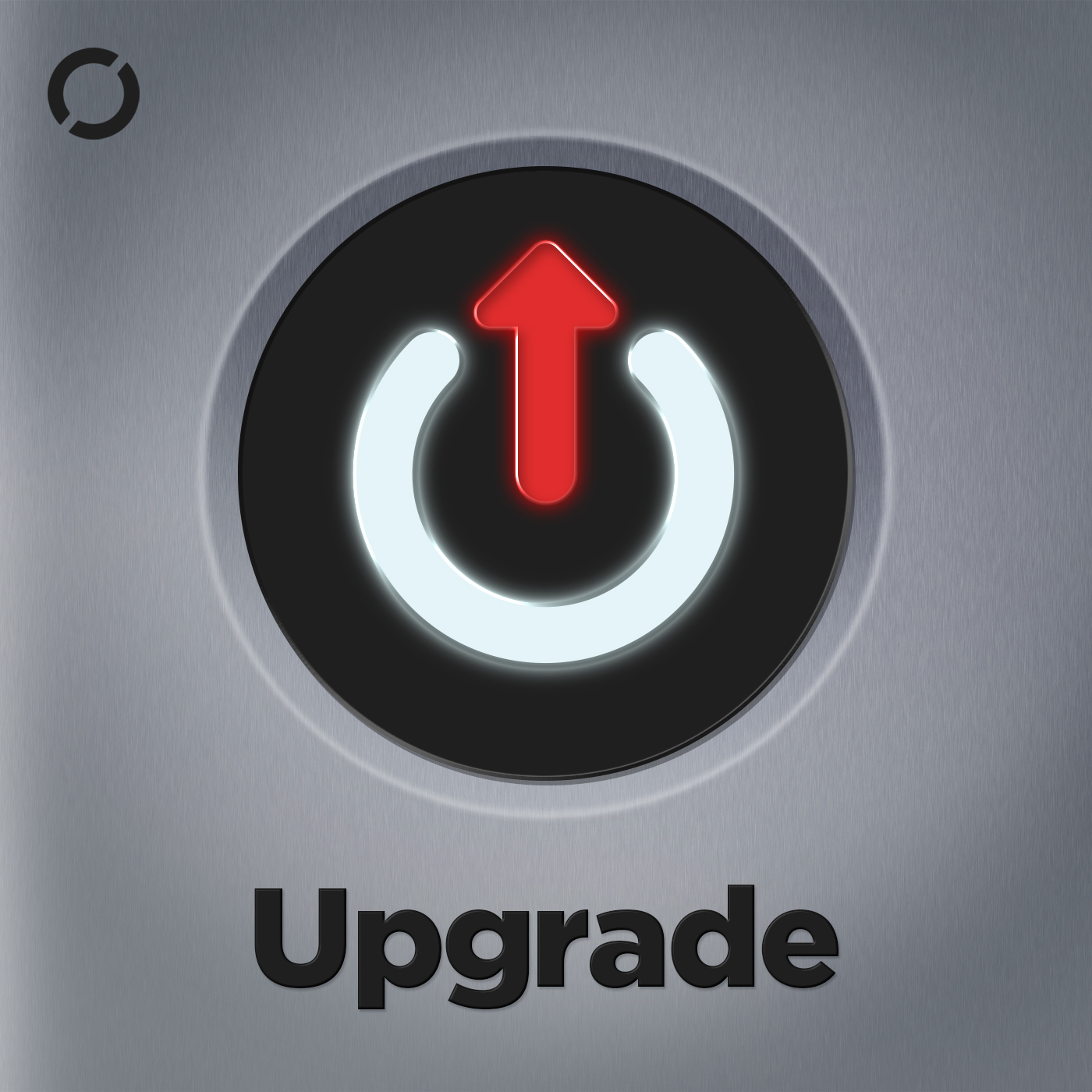
Upgrade
Relay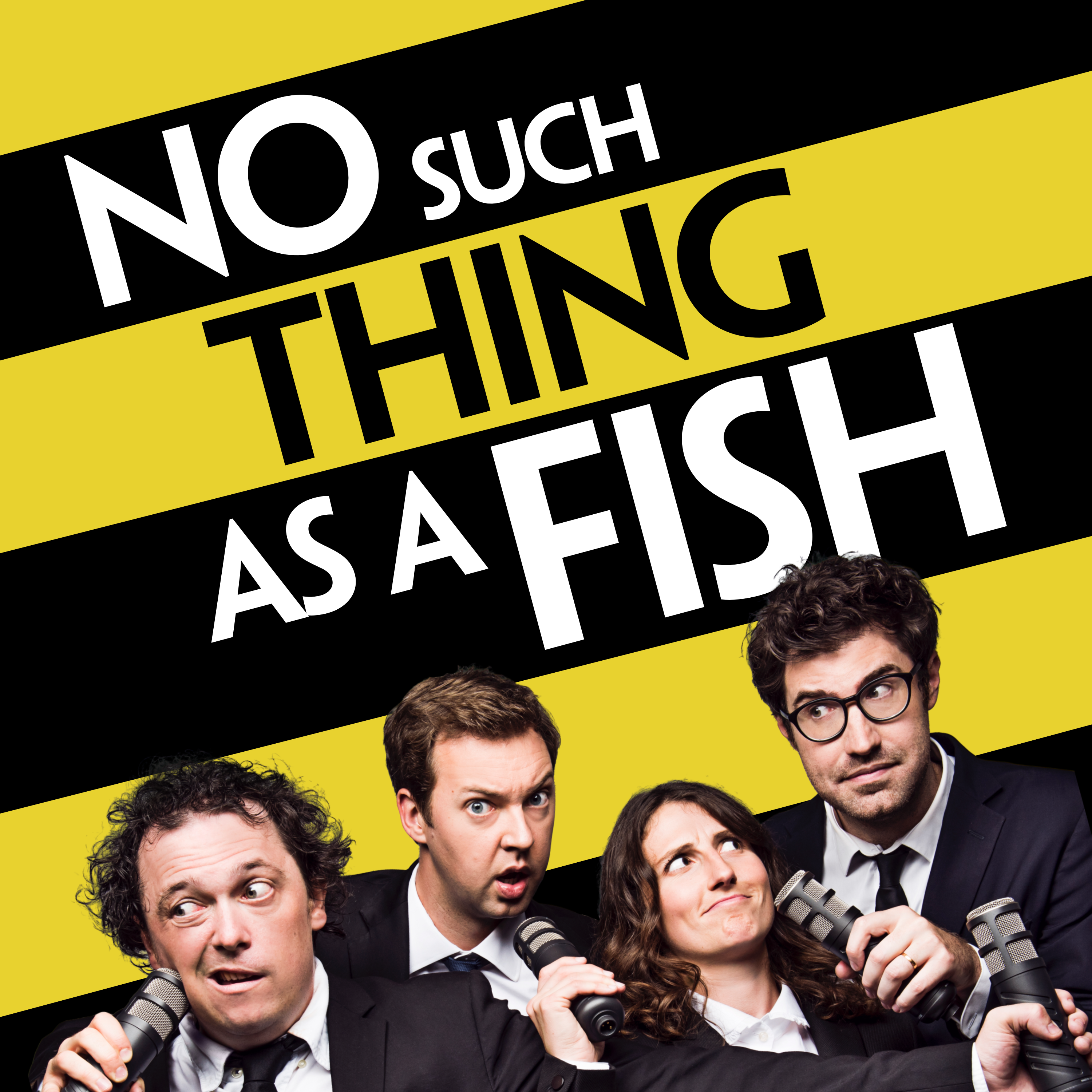
No Such Thing As A Fish
No Such Thing As A Fish
We Can Be Weirdos
Global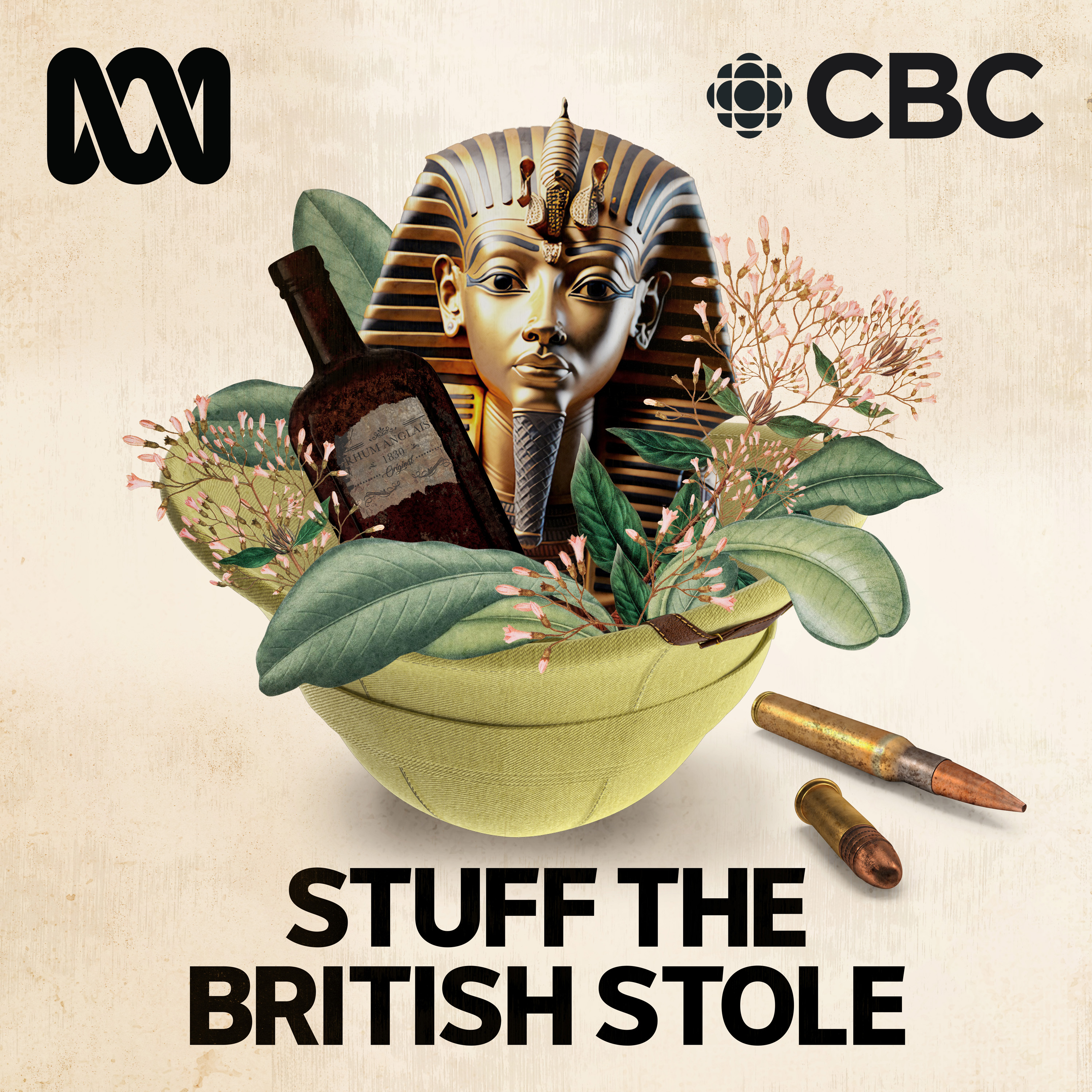
Stuff The British Stole
ABC and CBC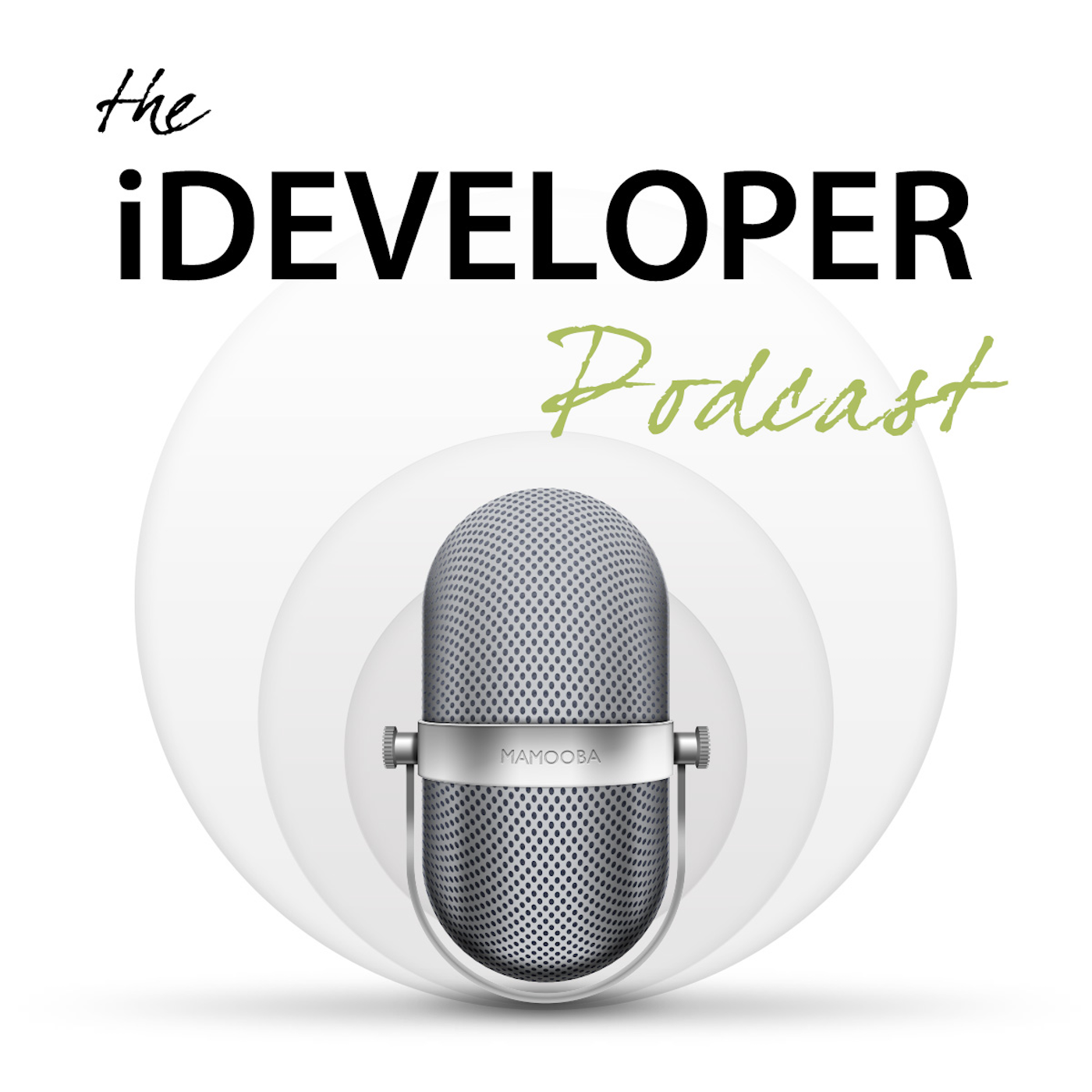
The iDeveloper Podcast
Steve Scott (Scotty) & John FoxRaven On: A Pop Culture Podcast
Natalie Bochenski & Stuart Layt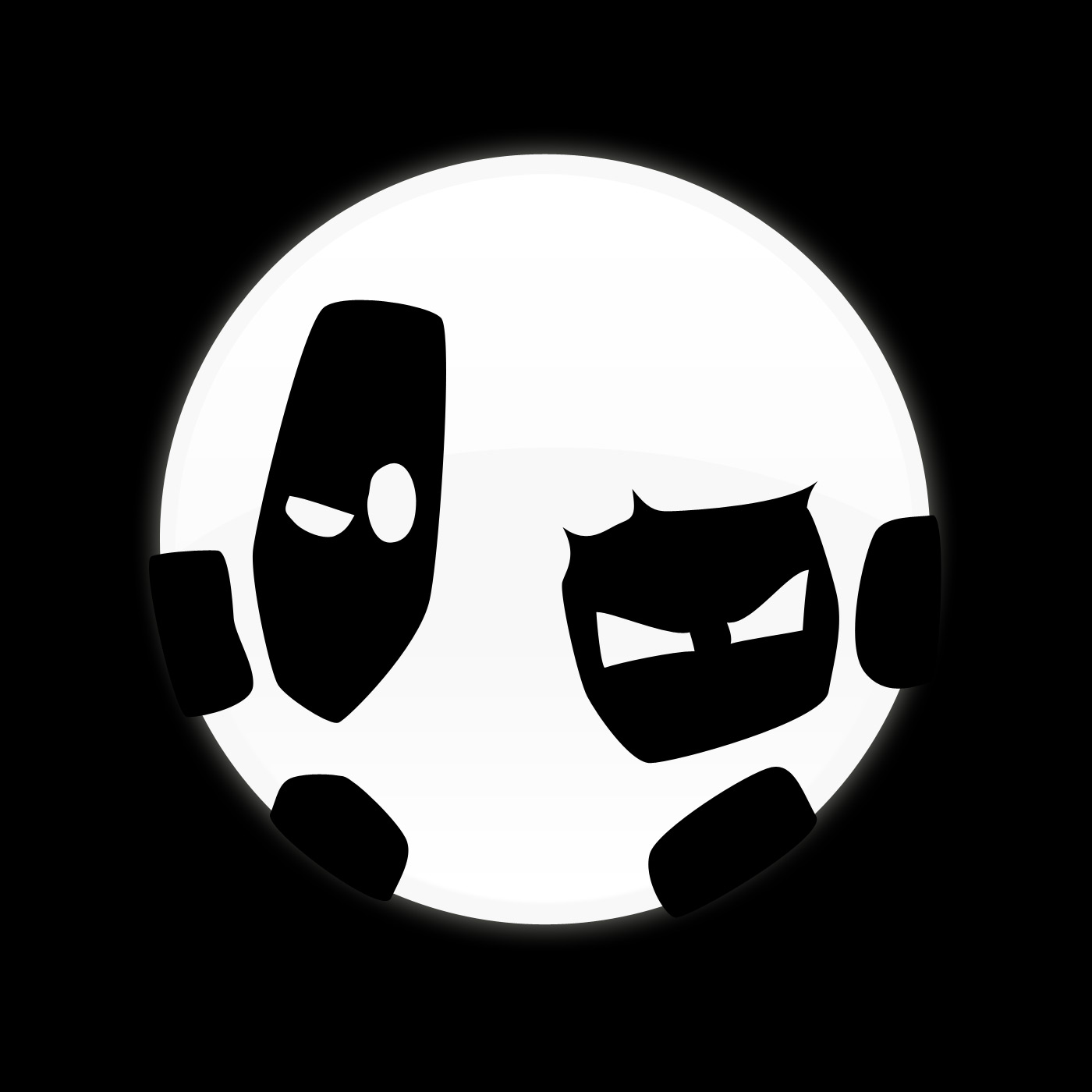
Smart Enough to Know Better
Dan Beeston & Greg Wah
TopMusic Piano Podcast
Tim Topham
The Chopin Podcast
Garrick Ohlsson and Ben Laude



